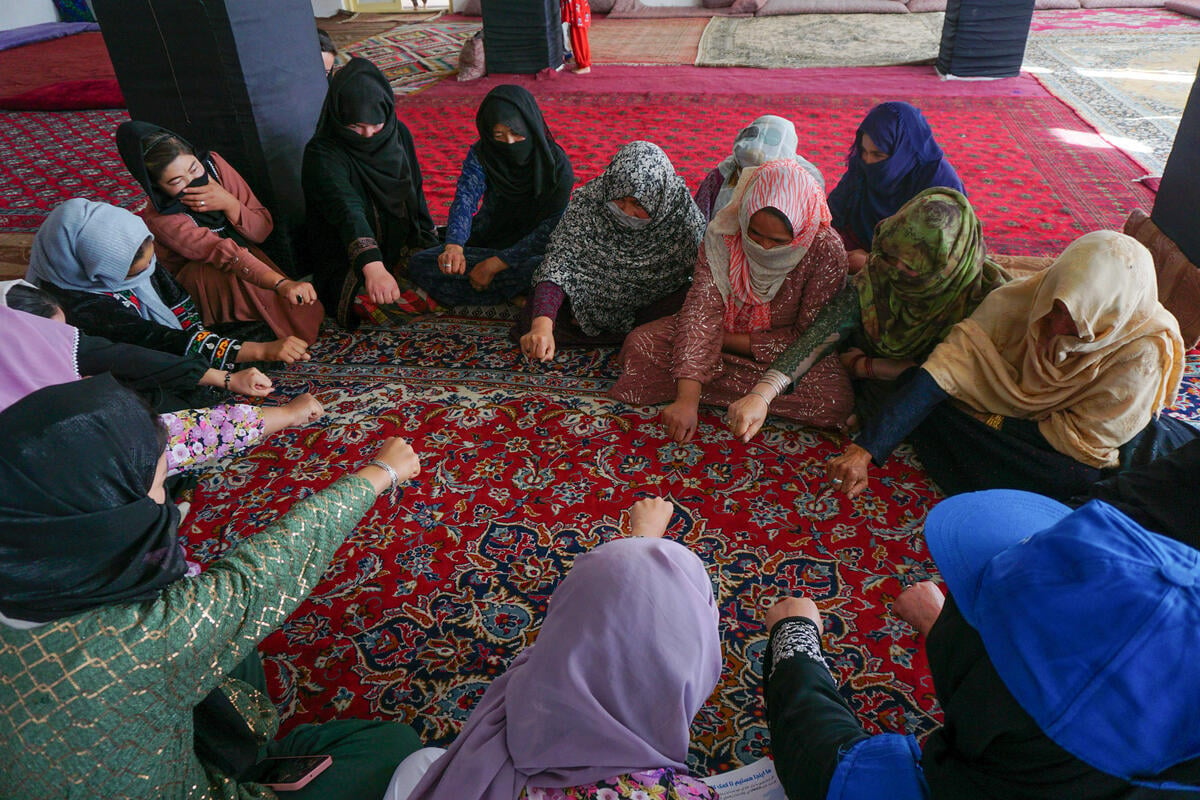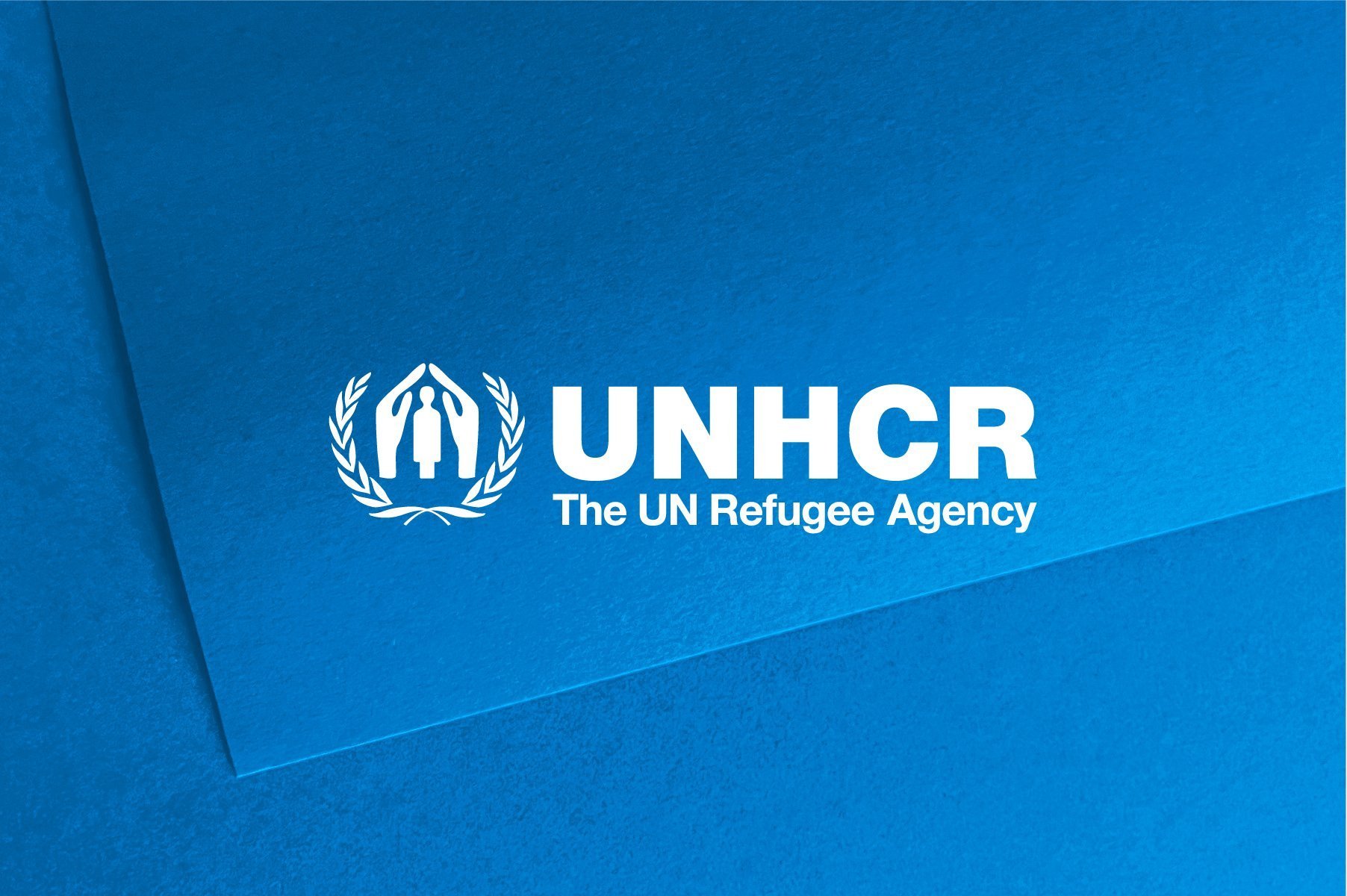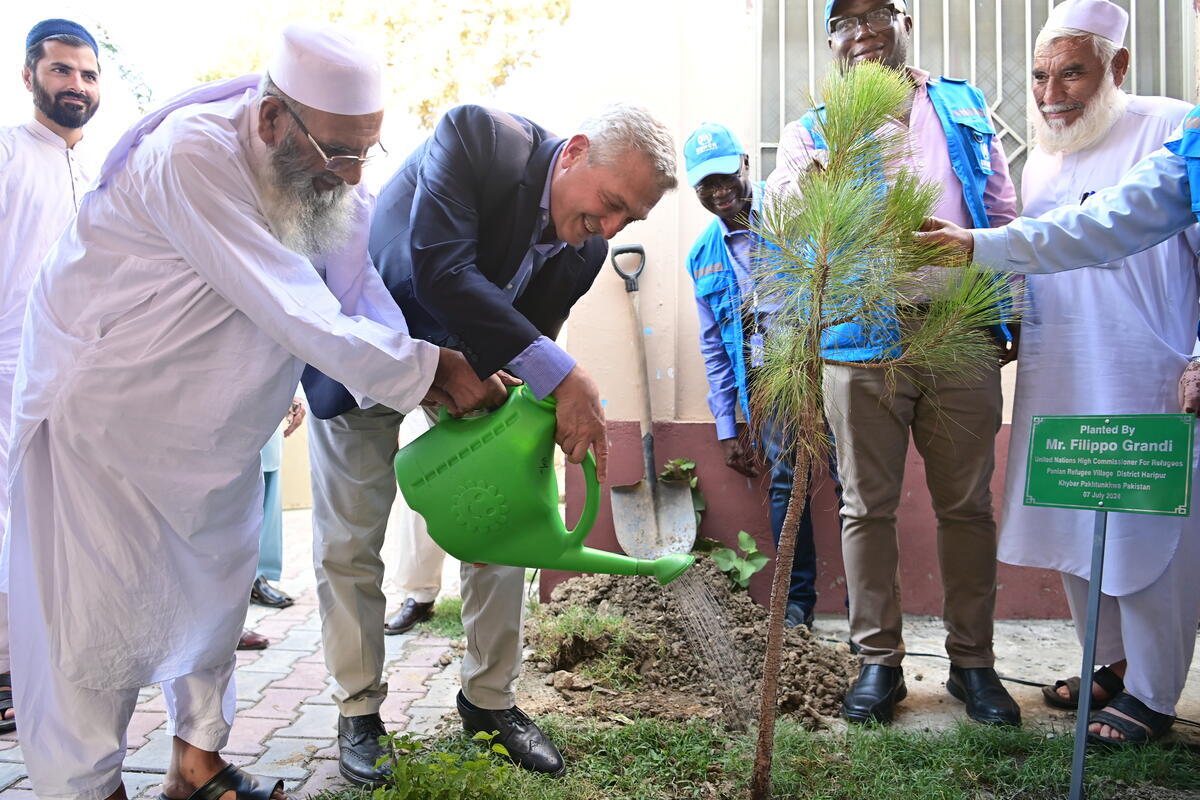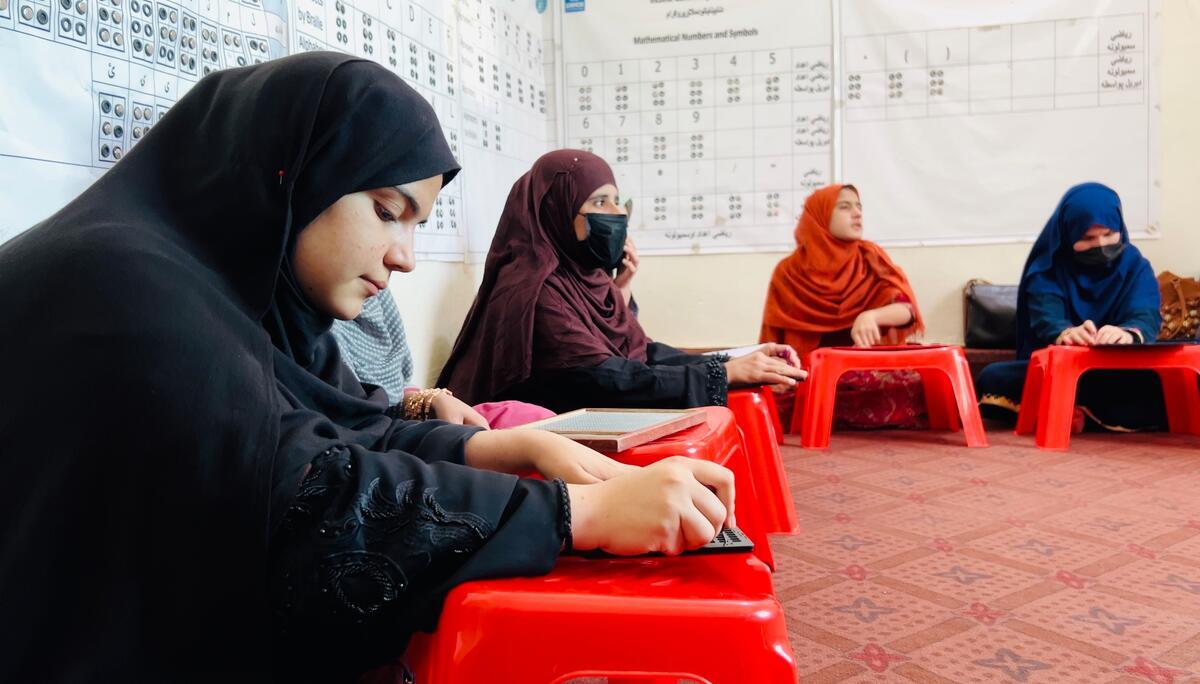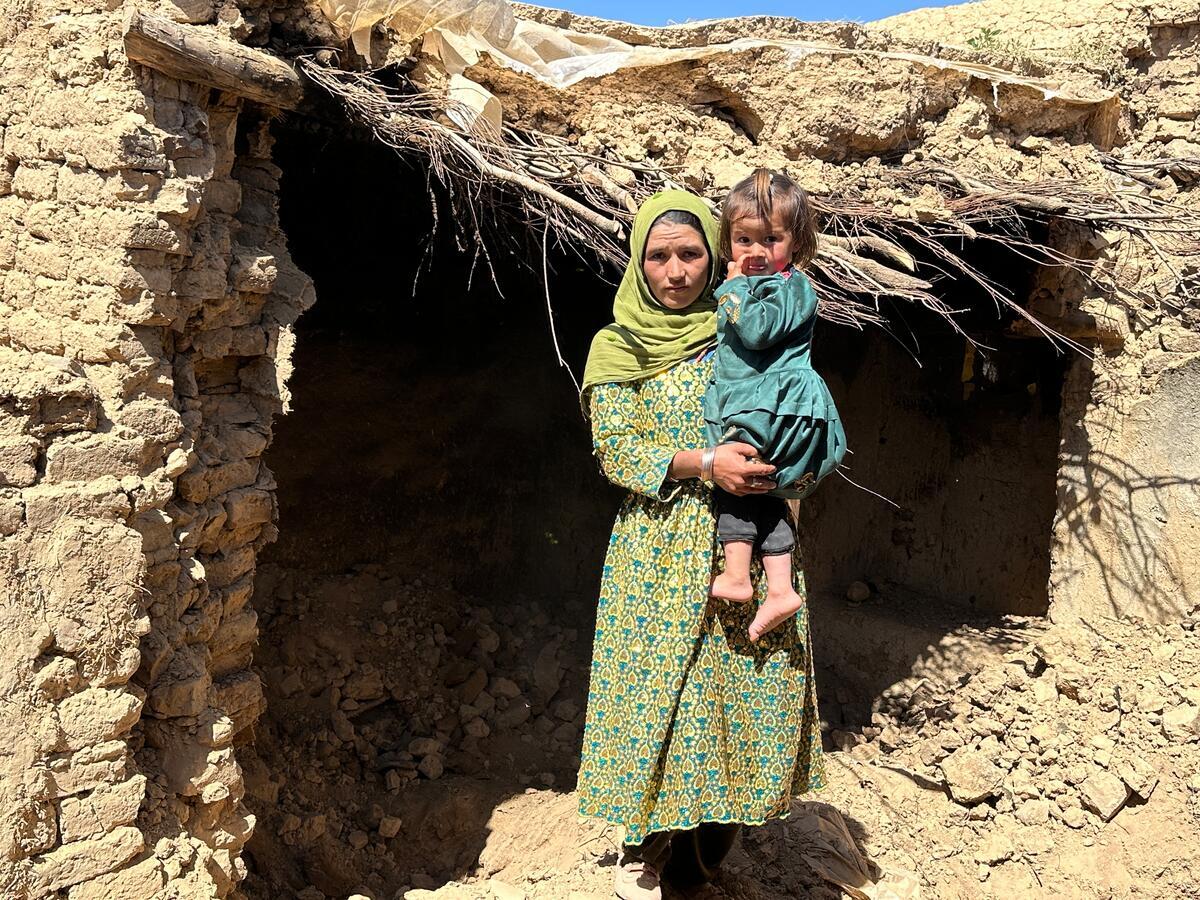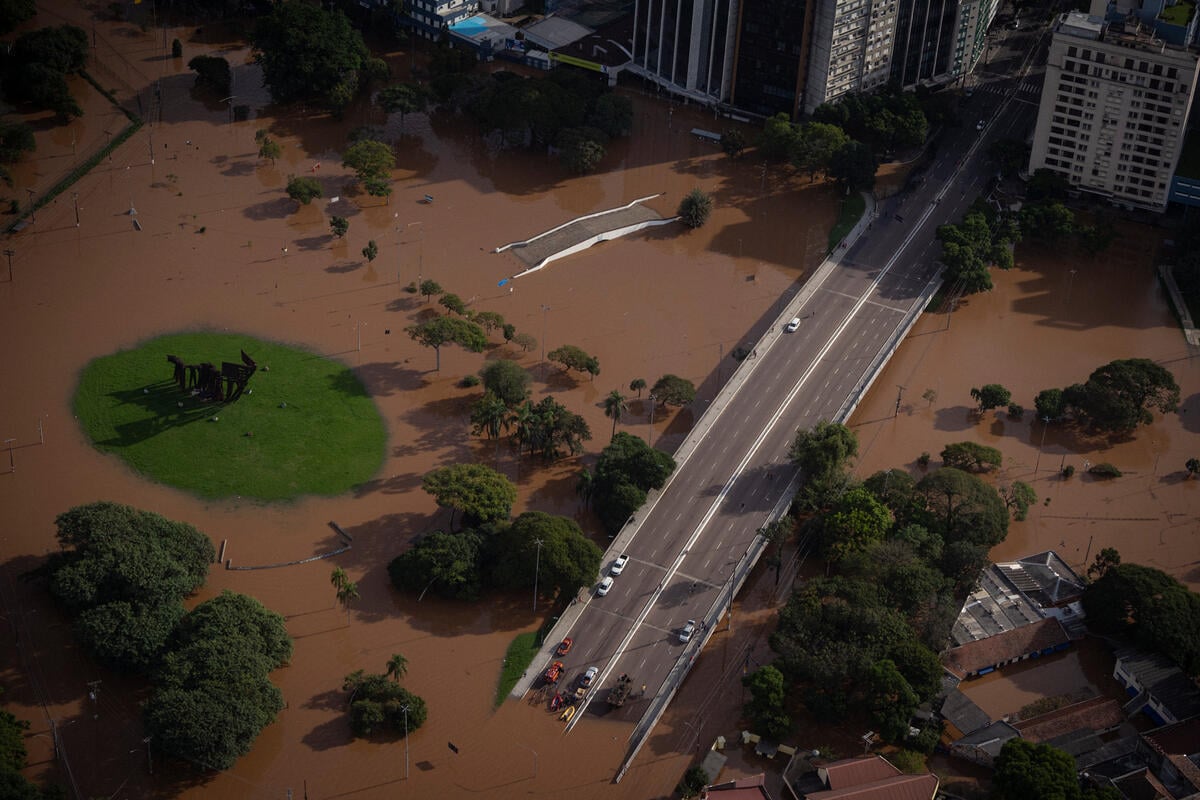Fleeing Afghans Blocked at Borders
Fleeing Afghans Blocked at Borders

ISLAMABAD, Sept 18 (UNHCR) - Tens of thousands of people are on the move in Afghanistan, according to the UN High Commissioner for Refugees, but many have been unable to reach the relative safety of neighbouring countries. Population movements out of Afghanistan's principal cities of Kabul and Kandahar are continuing, with people headed into the Afghan countryside, but movements toward the Pakistan border have slowed.
"Taliban checkpoints have sprung up along the road from Jalalabad to the Torkham border crossing and Taliban guards are allowing only Afghans with valid passports - obviously only a minute percentage of Afghans - to reach the frontier," said UNHCR spokesman Kris Janowski. "This has severely limited the movements into Pakistan."
The borders remained "more or less" closed, while some 5,000 Afghans waited at the Chaman border crossing with Pakistan, near the south-western city of Quetta. "UNHCR is having discussions with the Pakistan authorities and hopes the Afghans will be allowed in," said Janowski. "We are asking that new arrivals be sheltered in existing camps where water and other necessities can be provided quickly." Bracing for a possible major refugee crisis, UNHCR has sent additional emergency personnel to strengthen its 500 existing staff in the region.
Meanwhile, UN refugee agency head Ruud Lubbers is meeting with U.S. officials in Washington on September 18. A major expected topic of the discussions will be the Afghan situation. Referring to the tragic events in the U.S. on September 11, Lubbers said, "A convincing reaction to what happened is needed," but added "it is important to be aware of the plight of the Afghan people and give weight to the humanitarian consequences."
With millions of Afghans displaced or refugees, a 22-year civil war and three years of devastating drought, Afghanistan is already suffering one of the world's gravest humanitarian crises.


